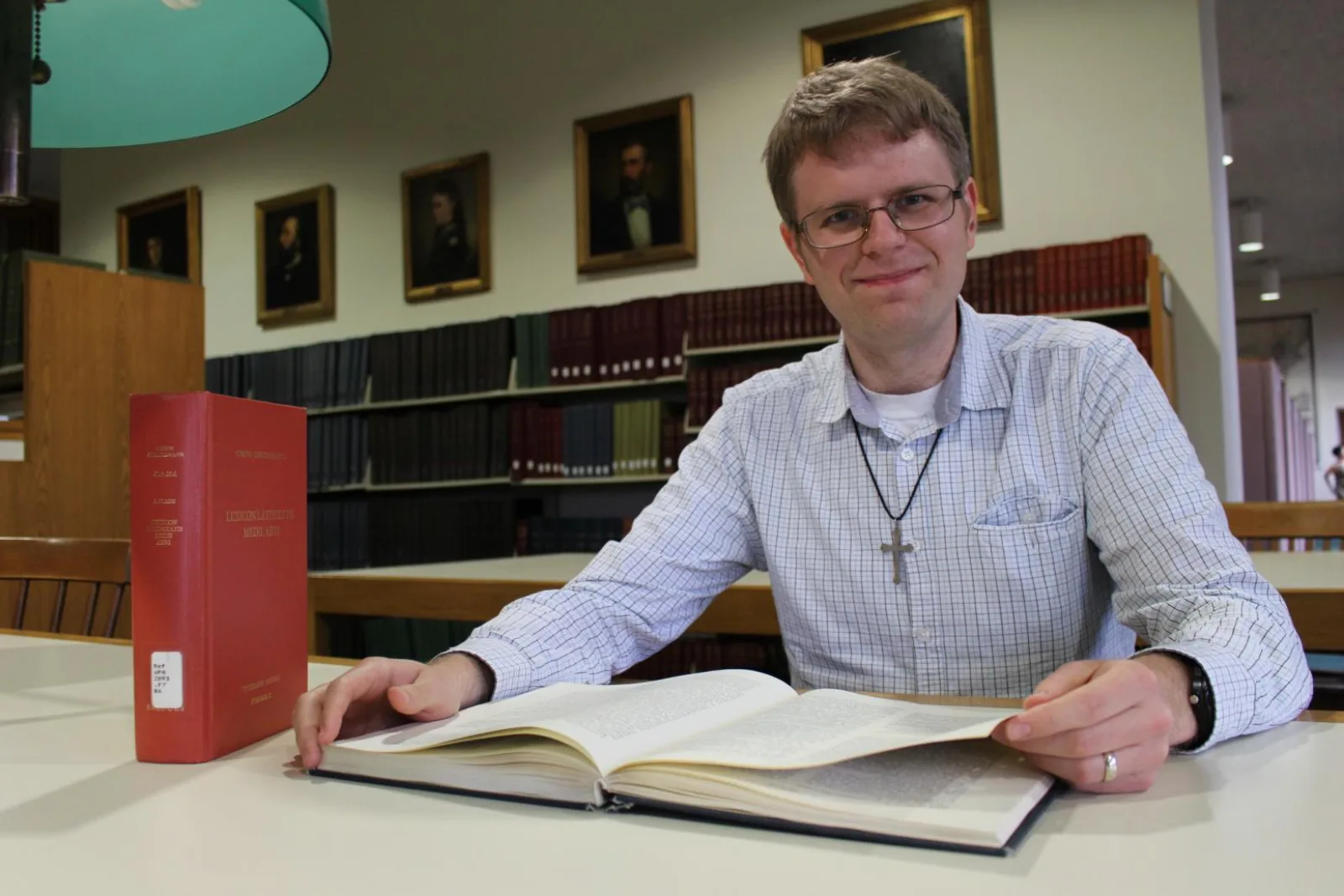This virtual course will introduce you to methods, approaches, uses, and challenges of digital humanities with respect to the study of medieval and early modern cultures. Over the past few decades, scholars in all fields of medieval and early modern studies have increasingly used digital resources to study and teach the premodern past. Likewise, universities and funding organizations are devoting more and more financial resources to the development of digital projects designed to deepen our understanding of medieval and early modern culture in a way that is more engaging for the general public.
In this course, we will examine how digital humanities can support the study and teaching of all fields of premodern studies. We will discuss the ways in which digital humanities have changed the study of the premodern world; consider the advantages and disadvantages in the increasing use of digital tools in the classroom; and learn about the ins-and-outs of digital projects from the scholars creating them. We will also familiarize ourselves with some basic tools, approaches, and platforms available for the creation of digital resources, and learn how to use them by engaging with medieval and early modern materials from the Newberry’s collection. All of this will culminate in the development of your own grant proposal for a digital resource enhancing the study and teaching of the premodern world.
Prerequisites: None, although the ability to read sources in their original languages is preferred whenever possible.
Students may take this seminar on a not-for-credit basis or arrange to earn credit at their home campuses. When space permits, consortium faculty members are encouraged to audit Newberry seminars, and graduate students from non-consortium schools may also enroll.
